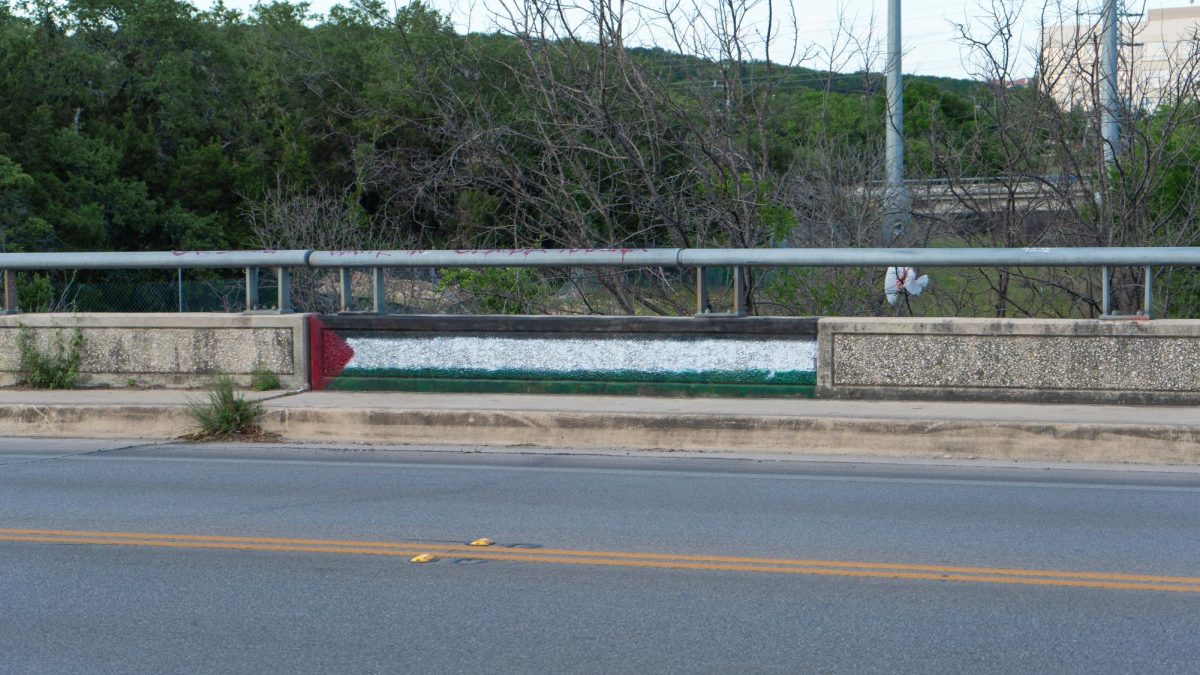UTSA partners with Universidad de Nuevo Leon in Mexico to combat Childhood Obesity
Childhood obesity is increasingly becoming a public health concern, yet many parents are unaware that their child is overweight, or do not want to take the necessary action to work against it. A team of dedicated researchers on campus have partnered with professors from the University of Nuevo Leon in Mexico to provide instruction on how to try to prevent this problem before it worsens.
As of 2013, Mexico was declared the most obese country in the world, barely surpassing the U.S. According to a study done by the United Nations, American children aged 6-11 increased in obesity from 7 to 18 percent from 1980 to 2012. Mexico faces a similar issue with the same age group– Mexican children are facing obesity rates of 25 percent, and they only increase with age.
These numbers can be attributed to many different factors. According to the head researcher on this project from the University of Nuevo Leon, Dr. Yolanda Flores Peña, Mexico consumes the most soda per household than any other country; these unhealthy habits combined with the decreasing amount of physical activity that Mexican citizens participate in create a very dangerous health situation. Mexican children often do not get the recommended amount of exercise.
According to a study by Pediatrics magazine, nearly 2.5 percent of immigrant Hispanic children, 17.2 percent of U.S.-born Hispanic kids with immigrant parents and 14.5 percent of U.S.-born Hispanic kids are not getting the recommended 60 minutes a day or more of exercise lack of activity exposes children to diabetes, cardio vascular disease, and other diseases.
According to one of the head researchers on campus for this project, Dr. Mei Ze He, besides exercise, “perhaps one of the most pressing issues is the idea in Mexican society is that a chubby baby is a healthy baby. The first step to changing this idea is educating mothers, especially Mexican mothers as to what healthy actually looks like and to how much the child should be eating; not to ‘clean the plate’ but to stop eating when they’re full.” This idea has been very pervasive in poor countries like Mexico, where many children are so malnourished that the idea of a child being overweight is not seen as a problem but as a sign of good health.
Healthy Change aims to change these ideas, with Dr. He and Erica Sosa from the UTSA College of Education and Human Development and Dr. Peña of Universidad Autónoma de Nuevo León’s College of Nursing, and a group of UTSA students.
The group travels between Mexico and bordering cities to deliver classes and set up one week long classes for day cares in both countries. They begin with an intervention for the mother to assess the problem, next, the group teaches both the mom and child what is healthy and what is not healthy for them to do or eat.
At the end of the week, the families meet with members of the organization to make sure they retained the information and are ready to implement these healthy changes into their daily lives. Finally, both Texas and Mexico included picks up and relocates and repeats the process. The team has reached families in Brownsville, Laredo, and San Antonio, Matamoros and Tamaulipas.
The team has spoken to hundreds of families in the US and Mexico, working to get people to focus more on their health than ever before. They have been backed by large corporations such as Mexico’s Institute of Nutrition and Health Kellogg’s and Mexico’s National Council of Science and Technology, and through “Healthy Change” Dr. Peña says, “we hope that through this program, we can reach people in every bordering city and in Mexico to create a better and healthier society.”











